As the Texas wine market grows, and more Californians barrel into the state, Halter Ranch — the award-winning, 2,700-acre vineyard in Paso Robles, California — has seen an opportunity for growth.
Known for its 100 percent certified organic grapes, the vineyard opened a new winery in Hill Country in May 2024, right on State Highway 290, a strip known as Wine Road 290 for the numerous wineries, tasting rooms and vineyards dotting the terrain. The result is the only certified organic vineyard in Texas, given that designation by California Certified Organic Farmers, the same organization that designated Halter Ranch in Paso Robles certified organic.
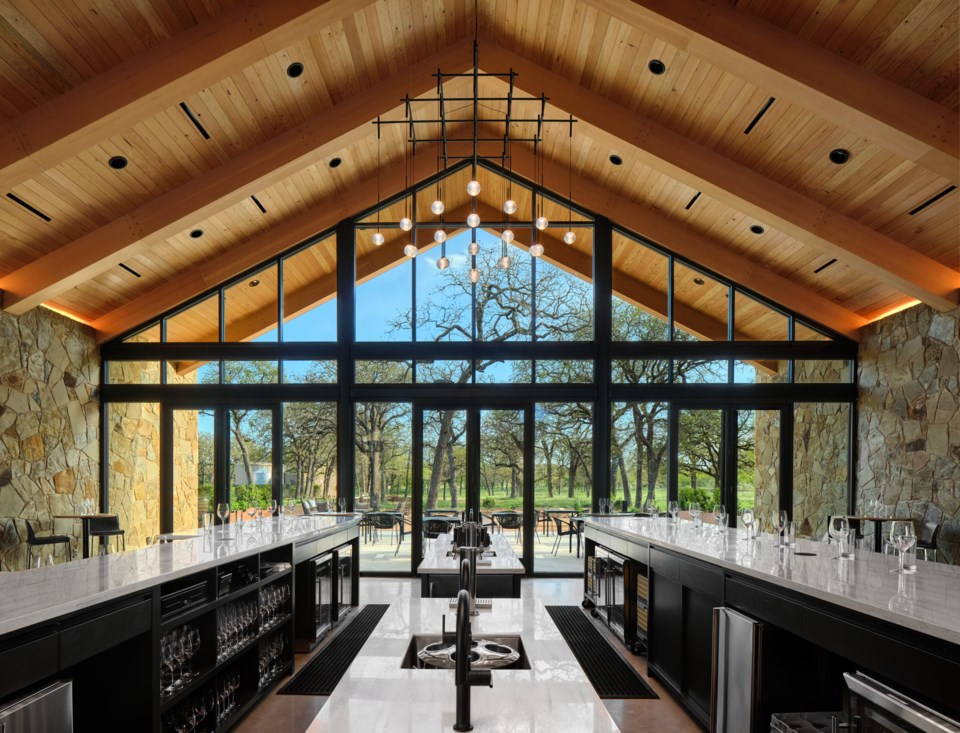
The new Halter Ranch location in Fredericksburg — fittingly called Halter Ranch Texas — decided to stick to what is most important to them: 100 percent organic wines. The original Paso Robles estate, established in 2000, focuses on organic farming practices, such as using sheep for weed control and fertilizer while eliminating pesticides, synthetic fertilizers and herbicides. Now, on just over an acre of land, the Fredericksburg vineyard focuses on this, too.
Organic wines are gaining traction in the wine world as more consumers seek out wines made from grapes that weren’t sprayed with artificial pesticides, fertilizers, herbicides and fungicides during the growing process. Organic wines also have no added sulfites, which can cause headaches, or genetically modified organisms, which aren’t allowed in organic farming.
However, that’s a problem in Texas, as most vineyards aren’t growing organic grapes and don’t meet the Halter Ranch standard. Texas, overall, doesn’t grow organic grapes, mainly because of disease. Grapes are highly susceptible to a wide range of pests and diseases, particularly fungal infections, and organic control methods are less effective than traditional pesticides.
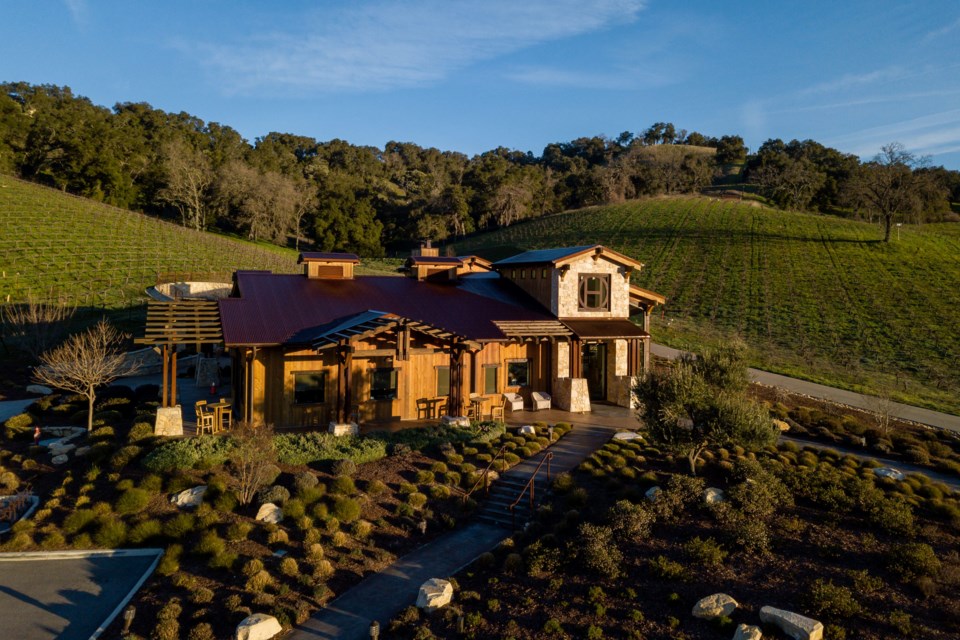
When I visited Halter Ranch’s Paso Robles location in California last summer, I was in awe of the rolling beauty I stumbled onto. Undulating rows of vines occupied the hills all around me, and ancient oak trees stood tall in clusters on hilltops and in valleys. It was like a scene from The Sound of Music, but instead of being surrounded by the Austrian Alps, I was surrounded by the Santa Lucia Mountain Range and endless terrain to explore. In fact, less than 10 percent of the land here is used for growing grapes; the rest is left for wildlife and guest exploration. Sheep are used to keep weeds under control in the vineyard, and they’re natural fertilizers, as their droppings fertilize the soil. The estate operates on 100 percent solar power and discusses its certified organic designation — a feat not easily achieved in the wine world and even harder to do in Texas.
“Halter Ranch believes in the idea of maintaining the longevity of the places we inhabit,” says Halter Ranch’s winemaker, Kevin Sass. “Farming with both a regenerative and organic footprint allows us to preserve the land and soil in which we farm.”
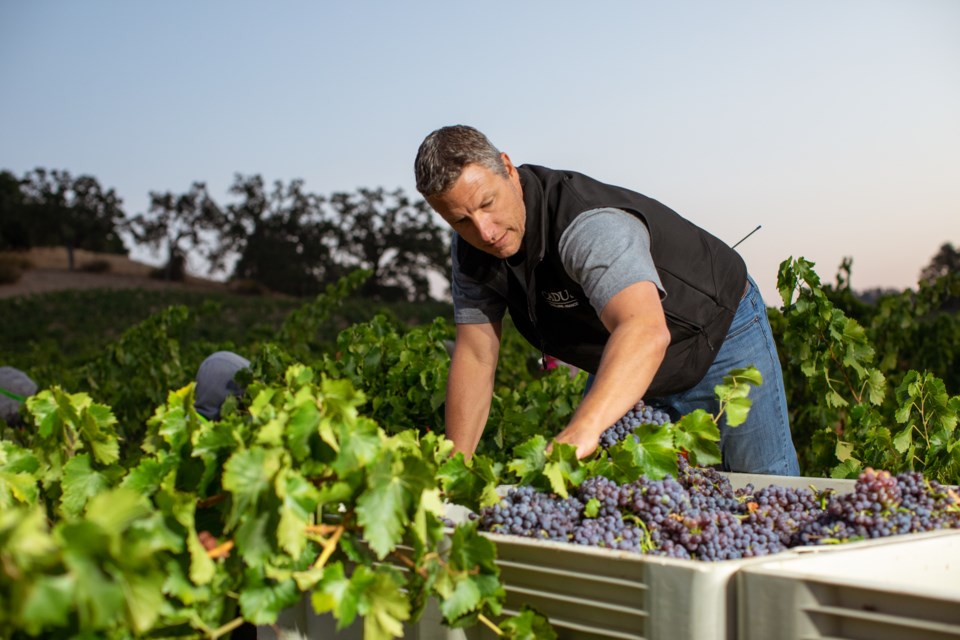
For now, Halter Ranch Texas is sourcing all of its Lone Star State grapes from just eight acres of vineyards in the High Plains: four acres of organic grapes from Desert Willow Vineyard in Seminole, and four acres of organic grapes from Y Knot Vineyard in Seagraves.
From these grapes, two wines are being made: the Texas Rosé, sourced from grapes at Desert Willow, and the Sparkling Rosé, sourced from Y Knot and Desert Willow grapes. In total, Texas has more than 11,000 acres of wine grapes across the state, meaning the organic selection available is slim pickings.
This year, a third wine, a cabernet sauvignon from Y Knot that is already aging in 100 percent French oak barrels, will be available. In the spring of 2025, the small, on-site Halter Ranch Texas vineyard in Fredericksburg will start its own grape-growing endeavors with blanc du bois grapes, which will be made into a sparkling wine in the next three to four years when the grapes are in full production. Blanc du bois grapes tend to produce clean, crisp wines with notes of peach and pear, and even a bit of a nectarine taste.
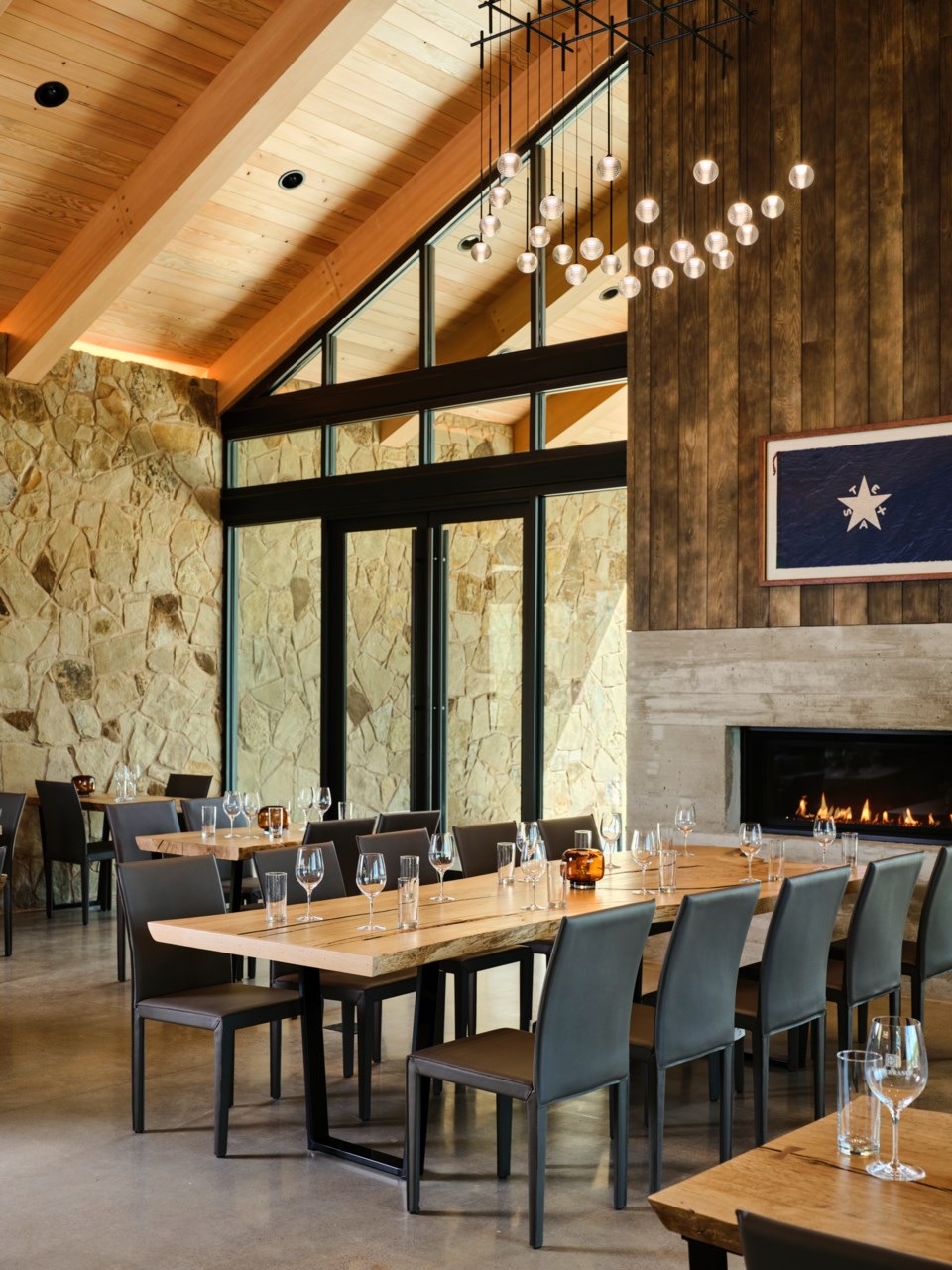
At the Fredericksburg location, both the Paso Robles wines and the Texas-exclusive wines are available, including the Côtes de Paso from Paso Robles, which is a red Rhône blend that Sass recommends trying. “The CDP is what I like to call ‘the wineries wine,’ as it’s very easy drinking and can be enjoyed with anything and everything, including a sunset, a good friend or a good movie.”
As an out-of-state wine producer, Halter Ranch needed a bit of assistance producing Texas wines from Texas grapes. They enlisted Bending Branch Winery in Comfort, Texas, to exclusively make their Texas wines for now. Bending Branch, a winery with a never-ending list of national and international awards under its belt, also makes wine from Texas-only grapes, making the relationship an easy fit.
“The new tasting room in Fredericksburg is an avenue to showcase both wines made in Texas and Paso Robles, California,” says Sass.
We are very lucky to have Bending Branch as our partner in our winemaking. Dr. Bob [Bending Branch’s co-founder and wine connoisseur] and his team have been nothing but first class in every aspect of this process,” says Sass. “We communicate on everything from pick dates, fermentation practices and stabilization methods. The degree of professionalism Bending Branch demonstrates makes me very comfortable our wines are in a great place.
And while some might be hesitant about a California wine brand coming to Texas, it’s worth a warm Texas welcome to embrace Halter Ranch in Fredericksburg, as it gives Texas wine consumers a taste of organic Texas wine — a product not yet widely made here. “The new tasting room in Fredericksburg is an avenue to showcase both wines made in Texas and Paso Robles, California,” says Sass. “Customers can now taste the differences between two distinct wine regions and get educated on the climate, soils and nuances of both regions.”
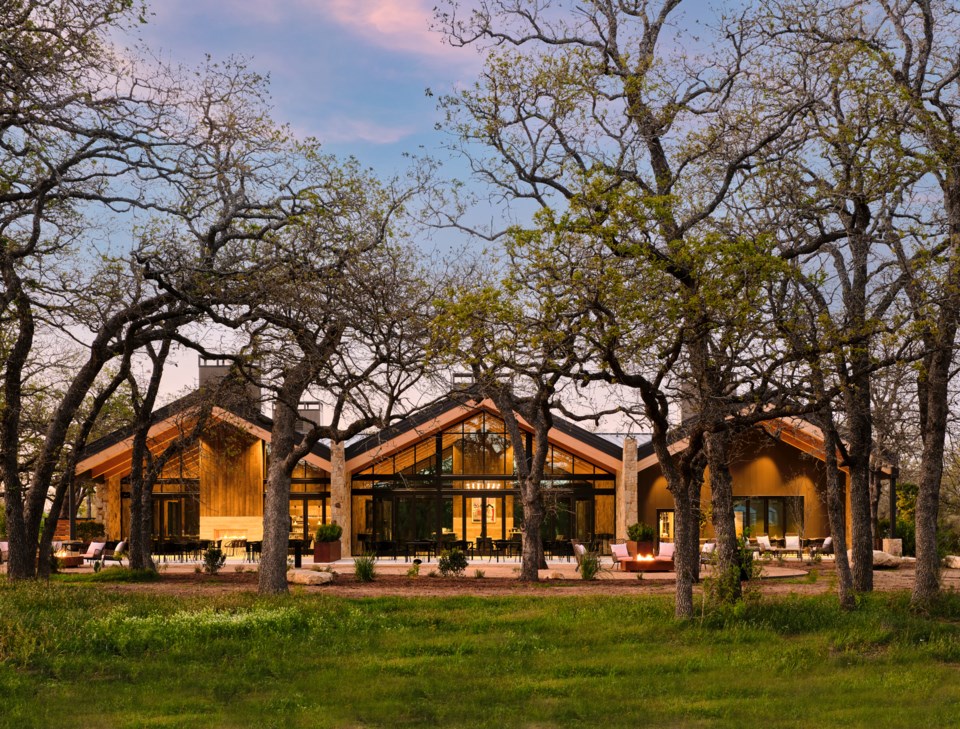
“I believe there is so much to learn about the region, and it’s so young that it’s going to be dynamic for the next 10 years. Growers and wineries are still learning about the climate and soils, and being part of that learning cycle is a great opportunity.”
For wine delivery to Collin County, readers can order through the Halter Ranch website (orders of 12-plus bottles receive complimentary shipping). You can also find Halter Ranch at liquor stores like Total Wine.
This story originally appeared in the March/April 2025 issue of Local Profile. To subscribe, click here.
Don't miss anything Local. Sign up for our free newsletter.




